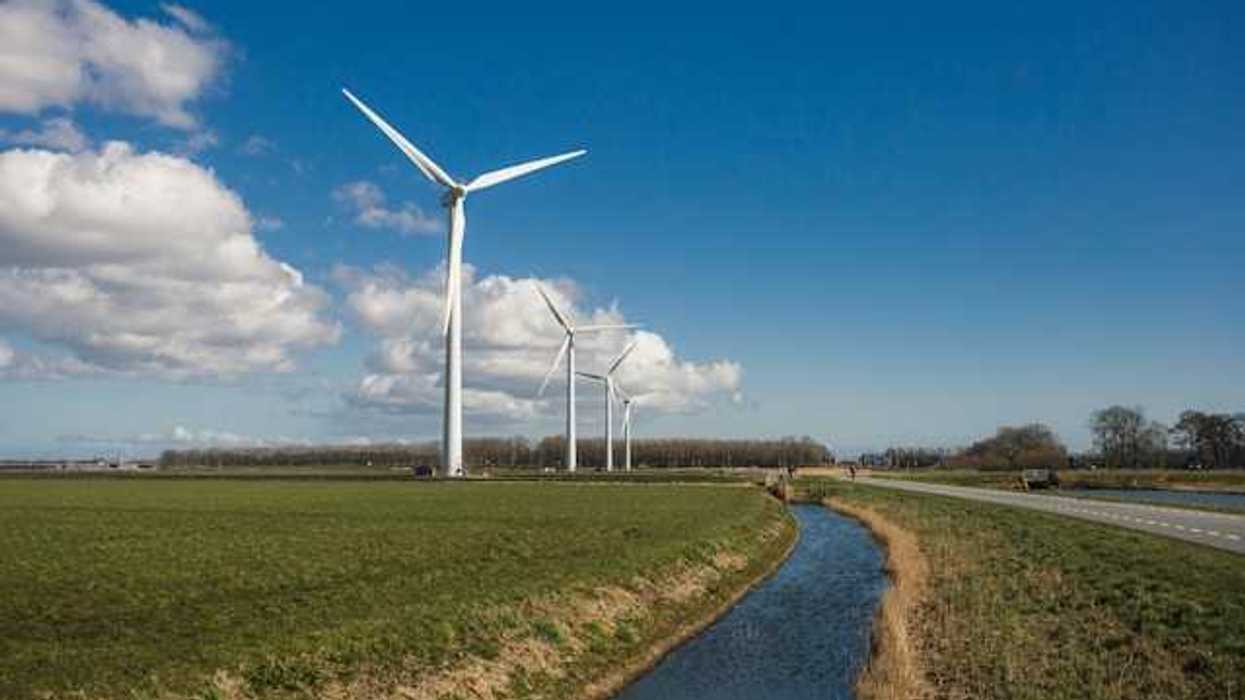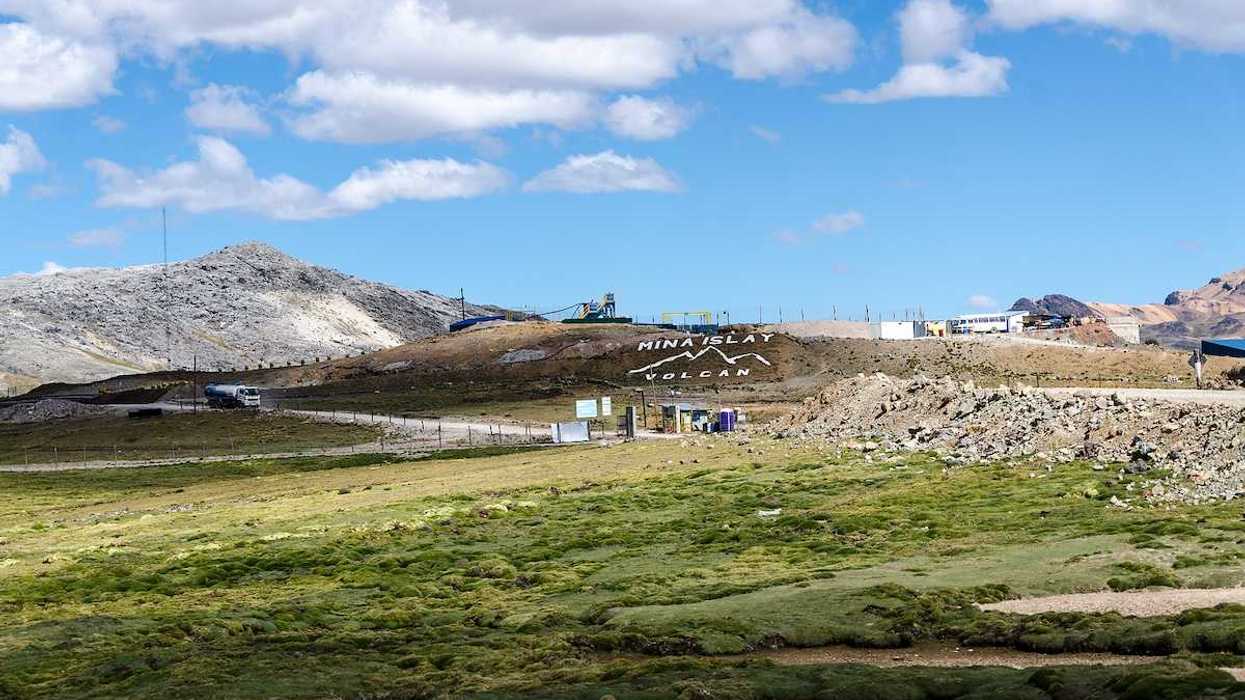The U.S. military’s massive carbon footprint could shrink significantly with even modest cuts to its budget, new research finds.
In short:
- The U.S. spends $1 trillion annually on defense, contributing heavily to global carbon emissions, yet military emissions data remain largely opaque and underreported.
- A new study shows that reducing the military budget by just under 7% annually over a decade could cut energy use equivalent to that of Delaware and Slovenia combined.
- Global military buildup, including increased NATO defense spending, risks escalating both conflict and emissions, creating a feedback loop that fuels climate change.
Key quote:
“Militaries are decades behind in their ability to even understand their emission sources and where they’re coming from. There is this lag compared to other industries, because no one’s asked them to.”
— Ellie Kinney, military emissions campaigner at the nonprofit Conflict and Environment Observatory
Why this matters:
The military’s climate toll is often overlooked, yet it's one of the largest institutional contributors to greenhouse gas emissions. Armed forces consume vast amounts of fuel, deploy sprawling global supply chains, and operate in ways that produce both direct and indirect emissions — from jet fuel to shipping lettuce. In war zones, the environmental destruction compounds quickly: Burning forests, destroyed infrastructure, and toxic remnants all add to the atmospheric burden. But most militaries remain exempt from climate accountability standards. As governments worldwide ramp up defense budgets, emissions grow unchecked, draining resources from climate adaptation and clean energy investments.
Related: Trump’s defense buildup could fuel global emissions surge, researcher warns














